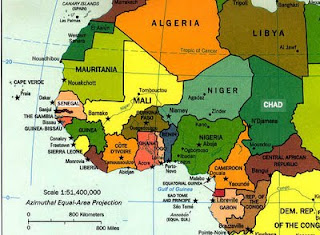 |
| Mr Sabally, Director of Budget, Ministry of Finance |
The Gambia economy is experiencing increasing budget deficit as the government continues to spend more than its revenue. The country’s deficit has increased from D58.3 million in the first quarter of this year to D708.5 million in the second quarter.
The Central Bank of The Gambia says the government has registered a deficit of D708.5 million, excluding grants, in the first half of 2011.
However, when grants, monies given by other governments and institutions to the Gambia Government, are added to the budget, the deficit reduced to D90 million. This shows that the government received (a total grant of) D618.5 million during the period under review.
The total fiscal deficit of The Gambia for 2011 is estimated at D466.36 million or 1.47 per cent of GDP. The government says this deficit would be financed by foreign and domestic borrowing amounting to D833.82 million and D120.00 million respectively.
The Gambia’s fiscal (or financial) performance continues to be challenged by higher-than-projected expenditures by the government that is unmatched by revenue performance of the economy.
The Governor of the Central Bank of The Gambia (CBG), Amadou Colley, says the 2011 projection of the country’s Balance of Payments (BoP) - which is the difference between the export and import of goods and services - indicate an overall deficit of US$3.70 million, which is more than D100 million, compared to a deficit of US$15.20 million more than D400.0 million, in 2010.








